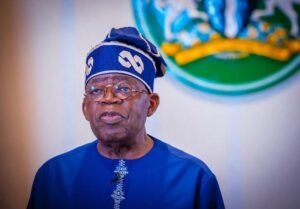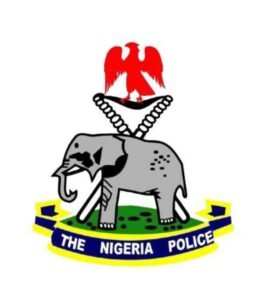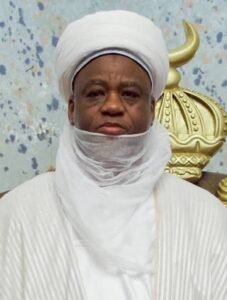South Sudan: President Salva Kiir imposes curfew following fatal revenge attacks on Sudanese

South Sudanese President Salva Kiir has appealed for calm and urged citizens to refrain from taking the law into their own hands following a wave of violence targeting Sudanese nationals.
The unrest, sparked by viral footage of alleged killings of South Sudanese civilians in Sudan, has resulted in attacks on Sudanese-owned businesses and homes across South Sudan.
In Juba and Aweil, violent confrontations with security forces have left three people dead and seven injured, according to police reports.
In Aweil, three houses owned by Sudanese nationals were set ablaze. The nationalities of the deceased and injured have not been disclosed.
To curb the unrest, authorities imposed a dusk-to-dawn curfew from 6:00 pm to 6:00 am local time. Inspector General Abraham Manyuat Peter stated the curfew aims to “prevent violations of public and private property.”
The unrest followed viral videos purportedly showing Sudanese soldiers killing South Sudanese civilians in Wad Madani, Sudan. Rights groups have confirmed that at least 13 people, including children, were killed in what President Kiir condemned as a “heinous and unacceptable crime.” He called on Sudan’s government to protect South Sudanese nationals and urged an international investigation.
In response, angered South Sudanese youths attacked Sudanese-owned businesses, prompting gunfire and heightened security patrols in Juba. Dozens of young men were seen fleeing police on Tambura Road, while major markets and businesses, including the Konyo Konyo market, remain closed.
The violence has driven up bread prices by 17% in Juba, with most restaurants and cafeterias shuttered as a precaution. Police rescued 45 Sudanese traders in Juba, who are now under protection.
Tensions between South Sudan and Sudan have deep historical roots. South Sudan gained independence in 2011 following decades of civil war.
The ongoing conflict in Sudan, which began in April 2023, has displaced millions, with many fleeing to South Sudan.









